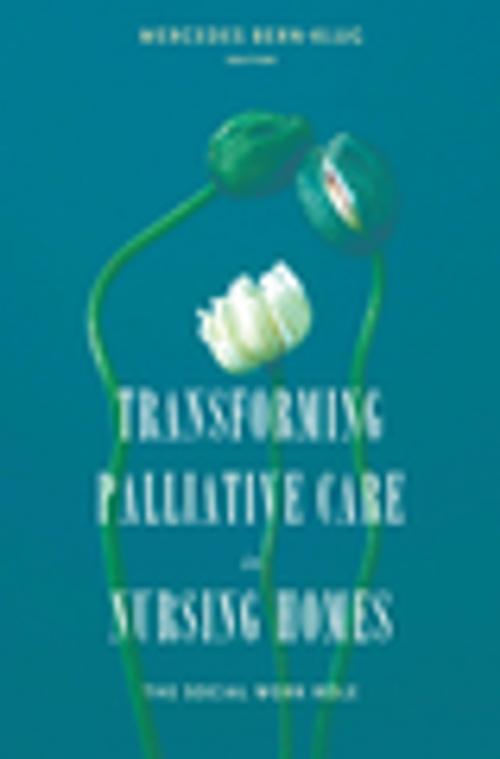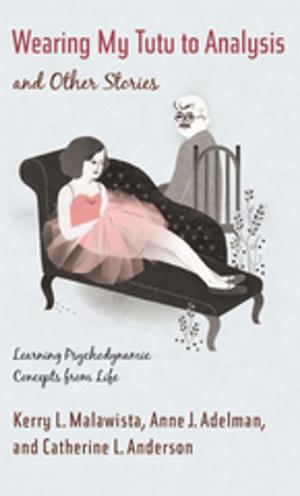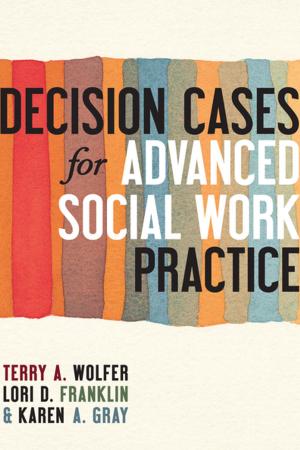Transforming Palliative Care in Nursing Homes
The Social Work Role
Nonfiction, Social & Cultural Studies, Social Science, Gerontology, Social Work| Author: | ISBN: | 9780231507073 | |
| Publisher: | Columbia University Press | Publication: | February 12, 2010 |
| Imprint: | Columbia University Press | Language: | English |
| Author: | |
| ISBN: | 9780231507073 |
| Publisher: | Columbia University Press |
| Publication: | February 12, 2010 |
| Imprint: | Columbia University Press |
| Language: | English |
The teacher and gerontological social work scholar Mercedes Bern-Klug joins experts on nursing, law, medicine, sociology, and social work to provide a thorough understanding of nursing home palliative care. Their broad definition of palliative care treats comfort care as appropriate across the illness experience, not just at the end of life.
Because a majority of nursing home residents are older adults facing multiple, advanced chronic conditions, this book is grounded in the provision of palliative care-especially palliative psychosocial care. Yet its practice recommendations can also be applied to other long-term care settings, such as assisted living. The contributors combine scholarship with practical wisdom in each chapter, mixing reviews of scholarly literature with insights gleaned from clinical practice. Chapter topics comply with the eight domains of palliative care developed by the National Consensus Project for Quality Palliative Care. Some focus on care of the resident, while others concern the resident's family. A special section addresses self-care for nursing home staff members, and another discusses nursing home rituals to mark the death of a resident. Bern-Klug concludes with an overview of the factors that will shape the future of palliative care for advanced chronic illness.
The teacher and gerontological social work scholar Mercedes Bern-Klug joins experts on nursing, law, medicine, sociology, and social work to provide a thorough understanding of nursing home palliative care. Their broad definition of palliative care treats comfort care as appropriate across the illness experience, not just at the end of life.
Because a majority of nursing home residents are older adults facing multiple, advanced chronic conditions, this book is grounded in the provision of palliative care-especially palliative psychosocial care. Yet its practice recommendations can also be applied to other long-term care settings, such as assisted living. The contributors combine scholarship with practical wisdom in each chapter, mixing reviews of scholarly literature with insights gleaned from clinical practice. Chapter topics comply with the eight domains of palliative care developed by the National Consensus Project for Quality Palliative Care. Some focus on care of the resident, while others concern the resident's family. A special section addresses self-care for nursing home staff members, and another discusses nursing home rituals to mark the death of a resident. Bern-Klug concludes with an overview of the factors that will shape the future of palliative care for advanced chronic illness.















